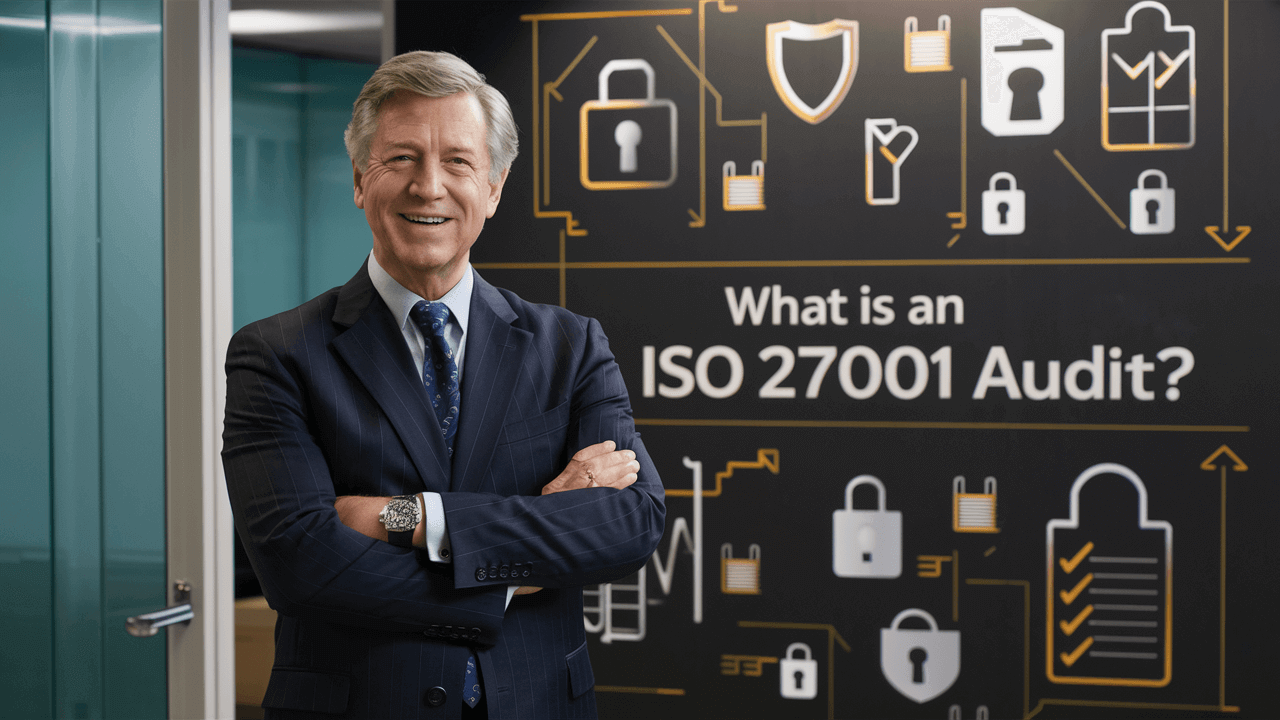What is ISO 20000 all about? This question has appeared significantly in the past two years since the updated version of ISO 20000 was released in 2018. The ISO 20000 standard was initially launched as BS 15000 in 2005 under the British Standards. However, it lost its importance in 2007. After being re-established as ISO 20000 in 2011, the standard received its popularity in various countries. Coming back to the question, ISO 20000 is the only benchmark that is set up to measure the performance of service management systems internationally. Also, the updated version is related not only to ITSM but also to other elements of services management as well.
For a better understanding of the ISO 20000 standard, it is divided into two parts- ISO 20000-1 and ISO 20000-2. The major two differences between the two are as follows:
- ISO 20000-1 specifies the requisites of the standard, while ISO 20000-2 provides directions for organizations on the best policies to implement for an efficient Service Management System.
- ISO 20000-1 is recognized as a certification. The 20000-2 correlates with how the standard differs from other service management frameworks while familiarizing organizations and individuals with terminologies and concepts for applying the standard.
Organizations with ISO 20000-1 credentials validate that they comply with the standard and have applied the necessary procedures and policies to the organization’s structure. Firms with ISO 20000-1 certification gain a competitive advantage over others in the industry and are deemed reliable and credible. This eventually increases their growth, enabling them to reap the benefits of continuous improvement and a dynamic Service Management System.
The 2011 version of the ISO 20000 Standard became obsolete when vigorous technological changes occurred. Along with these changes, a new set of rules had to be induced within the standard that best suits the organization. Initially, a lot of documentation was required to acquire the certification. The 2018 version of getting certified required organizations to sketch up only the essential paperwork which would prove its compliance with the standard. Also, the updated version covered a wider range of organizations, not just those in IT services.
The ISO 20000:2018 standard has implemented various new terms within its framework compared to the 2011 version. Certain elements of the series which no longer apply due to the digitization process have been withdrawn completely from the structure. As the ISO 20000 standard is aligned with various other standards like ISO 27001, and ISO 9001, updates in these standards have affected changes to take place in ISO 20000 too. The most significant difference among these is the inclusion of principles that guide multiple suppliers to carry out operations smoothly.
According to a proven study, it is believed that more than organizations of the private sector, public sector organizations have developed the need to get ISO 20000 Certification to tap markets beyond the borders of their home country. Besides increasing the trust of customers by following necessary practices, the certification also showcases that the business is following one of the best methods of ITSM. All this information might confuse those familiar with Information Technology Infrastructure Library, popularly abbreviated as ITIL. ITIL is merely a guide to managing IT structure by IT services.
ITIL is filled with theories of how an organization can implement the ISO standard and not a certification that organizations can apply for to be recognized internationally. Businesses can only use the advice specified in the library to manage their Information Technology Services efficiently. On the other hand, by complying with ISO 20000 standards, a business can grow significantly over the years and derive the power to sustain itself in the industry. Speaking of ISO 20000, why not try the certification courses offered by Unichrone in various countries?
The ISO standard has three certification courses– ISO 20000 Foundation, ISO 20000 Lead Auditor and ISO 20000 Lead Implementer. The ISO 20000 Foundation course introduces its aspirants to basic concepts and methodologies surrounding the international standard and an overview of ITSM. The ISO 20000 Lead auditor-certified professionals can be a part of the audit team which devises strategies and policies to improve their Service Management System. The ISO Lead Implementer certification is the highest certification of the ISO 20000 series to be awarded to an individual who can prove to showcase his understanding of the ISO 20000 standard and execute processes involved in aligning it with the goals of a business.
This summarises the necessity of getting ISO 20000 certified for both organizations and individuals in today’s world. Although there might be several updates to be included over the years as technology advances, it is evident that businesses thriving in the industry of Information Technology, be it private or public sector needs to get ISO 20000 certified to get recognized and stand out of the crowd by performing operations as required by the stakeholders and customers.
Summary:
From the original BS 15000 standard, ISO 20000 has grown into a global framework that helps organizations deliver stronger and more dependable IT services. The standard has become increasingly flexible over time, especially for teams working within multi-vendor environments. The 2018 update removed unnecessary documentation, enabling IT teams to focus more on enhancing service quality. ISO 20000-1 outlines the core requirements, while ISO 20000-2 provides practical guidance for effective implementation. This evolution supports consistent, reliable, and well-structured IT service management across industries. Professionals can strengthen their skills through Unichrone’s ISO 20000 Foundation, Lead Auditor, or Lead Implementer Training, allowing them to contribute with greater confidence.
FAQs on the Evolution of ISO 20000:
1. What is ISO 20000 and what is it all about?
ISO 20000 defines global requirements for effective IT service management. It ensures IT services are consistent, efficient, and customer-focused.
2. What is the difference between ISO 20000:2011 and ISO 20000:2018?
The 2018 version uses the High-Level Structure and simplifies documentation. It also expands service scope and strengthens integration with other ISO standards.
3. What is the main purpose of ISO 20000 certification?
It helps organizations standardize their service management processes. This leads to better service quality, reliability, and customer satisfaction.
4. What is an SMS in ISO 20000?
An SMS refers to a Service Management System that defines how services are delivered. It includes processes, procedures, and controls for IT services.
5. Who should adopt ISO 20000?
IT service providers, support teams, and organizations managing internal IT services can adopt it. It supports both small and large service environments.
6. How does ISO 20000 differ from ITIL?
ISO 20000 is a certifiable standard, while ITIL is a set of best practices. ITIL helps implement processes that meet ISO 20000 requirements.
7. What are the key benefits of ISO 20000?
It improves service efficiency, reduces downtime, and enhances customer trust. Certification also gives organizations a competitive advantage.
8. What processes are included in ISO 20000?
It includes incident management, change management, service continuity, and reporting. These ensure stable and predictable IT service delivery.
9. How does ISO 20000 support supplier management?
It sets requirements to control multi-supplier environments. This ensures consistent service quality even when multiple providers are involved.
10. Is ISO 20000 suitable for cloud-based services?
Yes, the 2018 version fully supports cloud, outsourcing, and hybrid models. It ensures seamless service delivery across modern IT ecosystems.
11. How long is ISO 20000 certification valid?
Certification is valid for three years with annual surveillance audits. Recertification is required to maintain ongoing compliance.
12. What evidence is required during an ISO 20000 audit?
Organizations must present service policies, process records, SLAs, and performance logs. These documents prove the effectiveness of the SMS.




